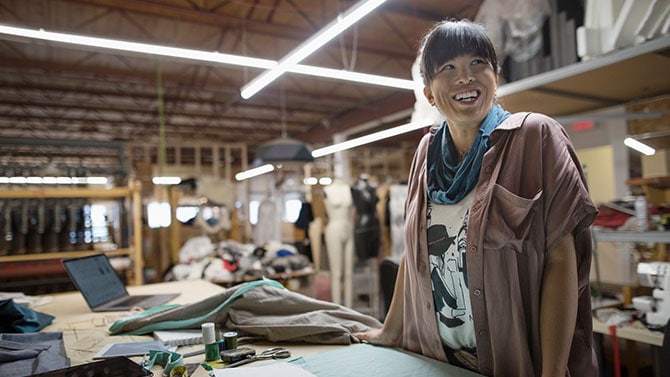
European Parliament Votes in Favour of Banning Products Made with Forced Labour
15/05/24
New legislation introducing a ban on products made with forced labour (i.e. the Forced Labour Regulation) was accepted by the European Parliament on 23 April 2024 in a landslide vote. As a final formality, the Regulation is now up for final approval from the EU Council, which is expected to take place in June 2024. Companies will then have 3 years to prepare before the ban on products made with forced labour will enter effect.

What does this mean for your company?
The Forced Labour Regulation will prohibit the sale, import, and export of any good that is made using forced labour or child labour. This ban will apply to products across all sectors, types and categories when at any stage of the supply chain forced labour or child labour is used. As such, to prevent supply chain disruptions and prepare for this legislation companies operating on the EU markets should ensure that no forced labour or child labour occurs within their supply chains.
The Forced Labour Regulation
Background
An alarming 27.6 million people are subjected to forced labour globally, with 3.3. million of them being children. To aid in the prevention of forced labour, the European Commission first issued their proposal for the Forced Labour Regulation banning products made with forced labour from the EU market on 14 September 2022. This proposal has been amended following negotiations with the European Parliament and the European Council to agree on the legislative text. On 5 March 2024, a provisional agreement was reached on the Regulation text, now officially approved by the European Parliament.
The Forced Labour Regulation comes in addition to other recent legislation from the EU on the topic of corporate sustainability, such as the CSDDD (Corporate Sustainability Due Diligence Directive), the CSRD (Corporate Sustainability Reporting Directive) and the EUDR (EU Deforestation Regulation). On a global level, the EU is not the first jurisdiction to start enforcing stricter rules to combat forced labour. For example, the United States has already introduced the Uyghur Forced Labor Prevention Act.
Main obligations for companies
The Forced Labour Regulation does not explicitly introduce new due diligence obligations for companies on forced labour and child labour. Instead, it aims to complement and enhance existing and potential future due diligences obligations, such as those outlined in the CSDDD.
However, when authorities have a suspicion of forced labour, companies must be able to demonstrate that their goods are not the result of focred labour to avoid products being banned from the EU market. This means that companies will need to have policies and processes in place to monitor and address any instances of forced labour or child labour in their supply chains. These policies and processes will help companies to ensure that they are able to demonstrate that their products are free from forced labour or child labour.
Non-compliance
In principle, if products are found to have been produced with forced labour, the competent local authority may impose penalties and require the products to be removed from the entire EU market. The products must then either be donated, recycled or disposed of. Additionally, customs authorities will be carrying out controls on products entering and leaving the EU to ensure that products made or suspected to have been made with forced labour will not be imported or exported.
How can we help?
PwC can provide a range of services to help prepare for the Forced Labour Regulation, including assistance to assess the impact of the Forced Labour Regulation on your supply chains, as well as assistance to set up the necessary policies and processes for monitoring and addressing any instances of forced labour or child labour.
Contact us




















